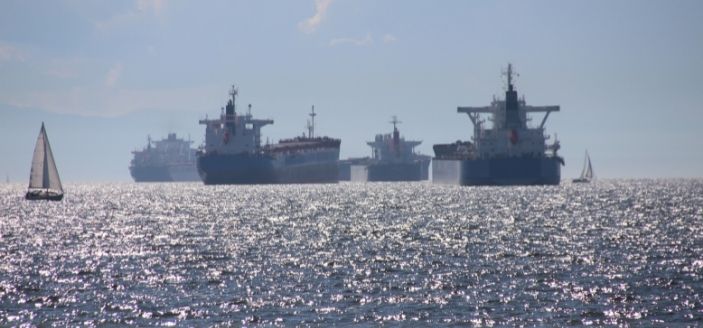13 Jul Choice of forum of convenience in admiralty dispute

Choice of forum of convenience in admiralty dispute
by George Coucounis
“The issue of the jurisdiction of a court and consequently of the Admiralty Court must be raised at an early stage”
The choice of the Admiralty Court of the country before which a dispute will be brought depends on specific factors, such as the connection of the defendant with the said country, whether the Court has jurisdiction or not, or whether the agreement between the parties includes an arbitration clause. The issue of the jurisdiction of a court and consequently of the Admiralty Court must be raised at an early stage, immediately the defendant files an appearance, questioning the jurisdiction through an application. In order for the application to succeed, good reasons must be given to convince the court that it is easy to adjudicate the dispute. If there is an arbitration clause in the agreement, there must be strong reasons for the court to decide not to apply it. Otherwise, the court will apply it and the party seeking to invoke the jurisdiction of the court must submit adequate reasons for the non-application of the arbitration clause.
A plaintiff company through an action before the Admiralty Court claimed from the defendant company the sum of 80 million Russian rubles or the equivalent in Euros as damages for its reasonable remuneration for salvage, rescue and maritime assistance services, which its ships offered to the defendant in a sea area in Russia. Following the filing of the defendant’s reply and the commencement of the hearing with the testimony of a lawyer from Russia, the defendant filed an application to the court requesting the hearing of the three preliminary objections raised in its reply. The court, in view of the application, adjourned the hearing of the trial and tried the application which was opposed by the plaintiff.
The defendant through its reply raised three preliminary objections, namely that the plaintiff had no grounds for action alleging that the defendant never requested, needed or demanded the services of the plaintiff, that the action would be heard in a Russian Arbitration Tribunal and therefore the proceedings through the action were abusive seeking redress twice and that the Cyprus Courts, particularly the Admiralty Court, were not the forum of convenience to hear the action. The alleged services offered were provided within the territorial waters of Russia. The material events took place there, all the evidence was there, all the witnesses were Russian, speaking the Russian language, as well as the law of Russia was applicable.
The Admiralty Court, after hearing both parties, issued a judgment on 28.11.2014, deciding that the application was submitted too late, but nevertheless examined its merits. It referred to case-law, stating that it is well-founded that the freedom of the parties to choose their dispute settlement forum is respected. In the event that a party is bound by an arbitration clause in an agreement, it held that the party has the right to apply to the competent court to suspend the legal proceedings instituted by the counterparty in breach or in violation of the clause. In such a case, after filing an appearance, it should not take any other procedural steps in order to concede to the jurisdiction, but to apply to the Court in order to suspend the proceedings.
The issue raised in this case was based on the inherent power of the Court to determine the forum of convenience on the basis of all the circumstances of the case, whether the Admiralty Court was the most competent and appropriate court to hear the case. The defendant had its registered office in Cyprus, which was a valid reason, in accordance with the law, giving jurisdiction to the Cyprus Admiralty Court. However, it held that an important factor to choose the forum of convenience was the applicable law, which here it turned out to be the Russian law.
The Court held that the trial, based on the merits of the case, could more easily have taken place in a Russian territory, since all the witnesses come from there, speak the Russian language and their descent to Cyprus would burden the process with further costs, air transport and accommodation, plus the presence of translators, resulting in the prolongation of the trial. It concluded that Russia undoubtedly had the closest link to resolve the dispute there, given that the plaintiff had accepted that it brought an action in Russia with identical claims; consequently, there was an issue of double compensation and abuse of process. The registration of the defendant company in Cyprus did not save the whole procedure, because any judgment in Russia could well be enforced and executed in Cyprus.
In view of the above, the Admiralty Court decided that it was right and just to suspend the proceedings of the action, since the jurisdiction in Cyprus was not offered as the most appropriate to resolve the dispute. Hence, the Admiralty Court was not the forum of convenience to decide the plaintiff’s claim and suspended the action.